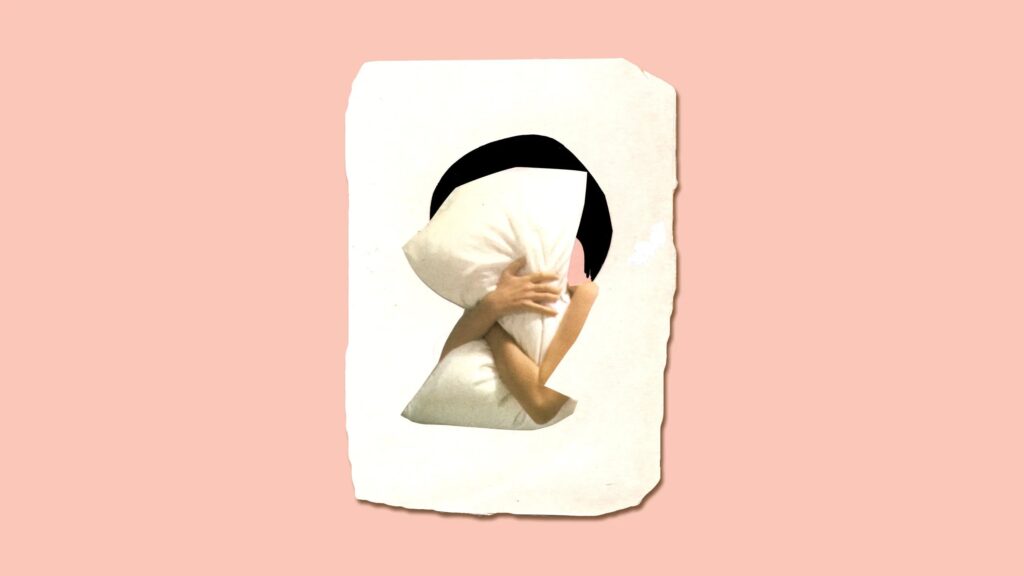
Does my body get used to less sleep over time? Does a warmer bedroom promote better sleep? Does working out at night disturb my sleep?
All of us have so many questions about our sleep. We may have also come across so many other facts about sleep. Some of them are true while some of them are myths that need an explanation. Here are 7 interesting sleep myths demystified for you.
Myth 1: The ability to fall asleep quickly anytime and anywhere means you are a “good sleeper”
This myth really needs an explanation because it gives a positive picture while it could also mean that you may have a sleeping problem if you are falling asleep quickly, anywhere.
Sleeping at irregular times can also affect your circadian rhythm. Your motive shouldn’t be falling asleep anywhere but it should be getting high-quality sleep at night at regular intervals.
Myth 2: Napping makes up for the lack of good night’s sleep
Many people who fail to get enough sleep the night before tend to depend on their afternoon nap the next day to fill the gap. Napping can help you with some energy, however, considering it as an alternative to a good night’s sleep may not be the best solution. It makes it even harder to fall asleep at your regular time the following night.
If you need to take a nap, try to keep it shorter than 30 – 40 mins and take a nap early in the afternoon.
Myth 3: If you are snoring, you are getting a good sleep
Light occasional snoring may not be an issue but loud frequent snoring could potentially be a red flag.
It may be caused by obstructive sleep apnea. It is a breathing disorder that prevents the person from taking in sufficient oxygen the body needs. It is also a nuisance to your partner or roommate.
Positive Airway Pressure devices, anti-snoring devices and mouth exercises help in reducing or avoiding snoring. In some cases weight loss can also help in reducing snoring.
Myth 4: If you are sleep during the day, you didn’t get enough sleep
Sometimes you may even feel sleepy even after a good night’s sleep. The daytime drowsiness can also be because of some underlying sleep disorder or sleep apnea.
Myth 5: Your brain too falls asleep when you sleep
Sleep is only for our body and not for our brain. The brain stays active and takes care of the body functions when you sleep. The activity of the brain differs during different stages of sleep. This is why sleep is critical for effective thinking, memory and emotional stability.
Myth 6: You rest even if you lay on your bed with your eyes closed
The activity of the brain is different when you sleep and when you just lay down. When you lay down with your eyes closed you are still active and so is your body. You won’t get the complete rest benefits sleep gives you when you just lay down with your eyes closed.
Myth 7: You don’t move if you are a sound sleeper
Minor movements and small cortical arousals are normal in sleep. They can occur even in a healthy sleep pattern. The movements are a matter of concern only when they are abnormal, violent or cause nighttime awakenings.
